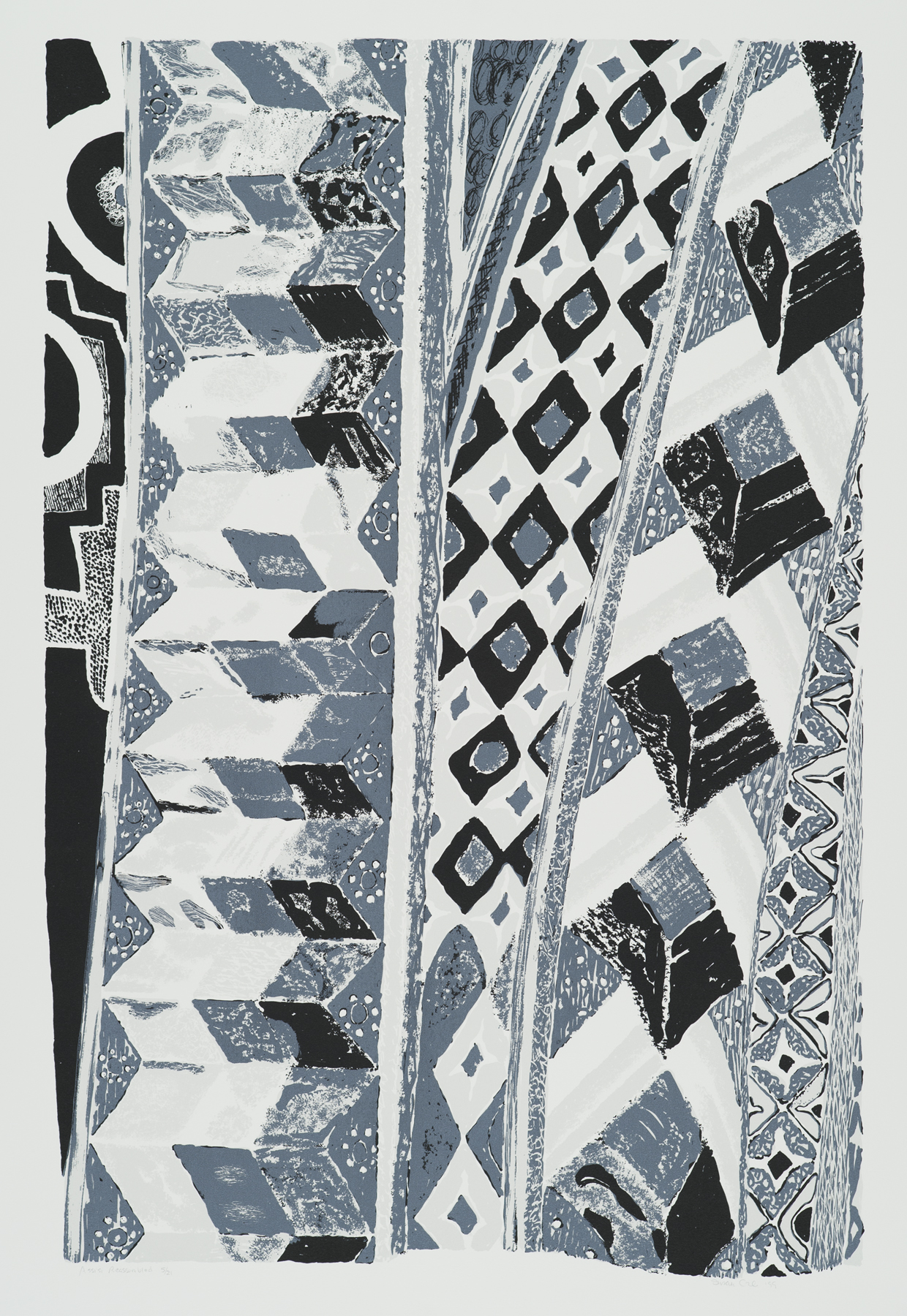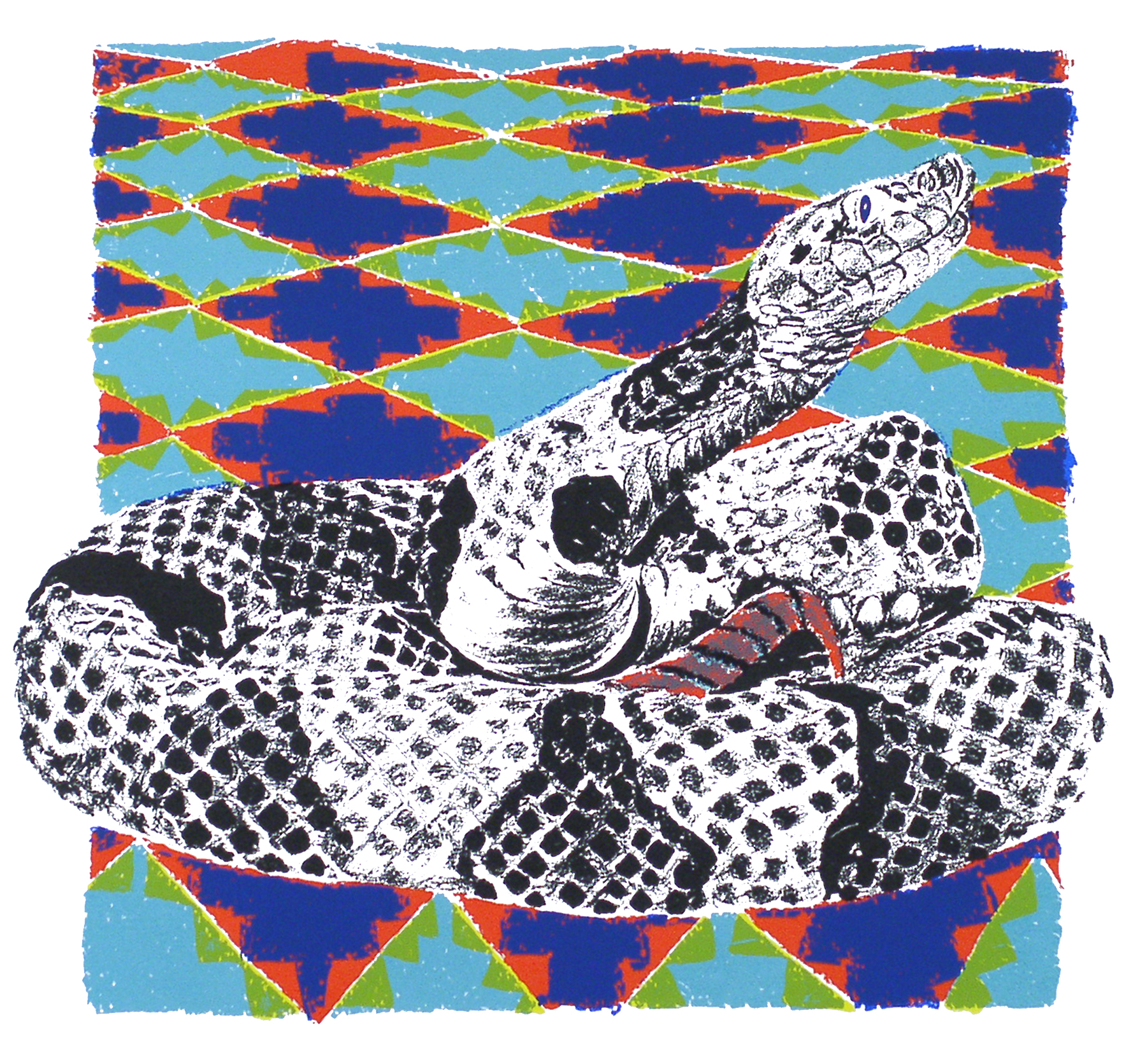Susan Crile
Susan Crile was born in Cleveland, Ohio in 1942. Earning her Bachelor of Arts Degree at Bennington College, Vermont, Crile also studied at New York University and Hunter College, NYC. Crile currently lives and works in New York City. Crile is also a Professor at Hunter College of The City University of New York.
Depicting the aftermath of the 1990-91 Persian Gulf War, Crile's powerful paintings and drawings of The Fires of War debuted in exhibitions at The Saint Louis Art Museum and the Blaffer Gallery of The University of Houston, followed by venues including the National Council for Culture, Art and letters, Kuwait City, State of Kuwait. Among New York museums that include Crile's work in their permanent collections are The Metropolitan Museum of Art; Solomon R. Guggenheim Museum; The Brooklyn Museum; and The Albert-Knox Art Gallery. The Hirshhorn Museum and Sculpture Center, Library of Congress, and The Phillips Collection, Washington, DC; Cleveland Museum of Art, Cleveland, OH; Museum of Art, Carnegie Institute, Pittsburgh, PA; Portland Museum of Art, Portland, ME; and The Denver Museum of Art, Denver, CO are among other museums including Crile's work in their collections.
With over forty one-person exhibitions to her credit since 1971, Crile most recently soloed at James Graham & Sons, NYC. Numerous group exhibitions, national and international, have included her work. Public collections representing Crile's work include Chase Manhattan Bank, West Germany and NYC; Chemical Bank, CitiBank, and Exxon Corporation, NYC; and General Electric Company, CT.
Honors earned by Crile include the Ingram Merrill Foundation Grant (1972), two National Endowment for the Arts Fellowships (1982 & 1989), and in 1990, a residency in painting at the American Academy in Rome. Crile has also been a resident visual artist at the MacDowell Colony, Peterborough, NH and Yaddo, Saratoga Springs, NY.
Crile is an exemplary artist striving to bring the vocabulary of early modernist abstraction into the contemporary context. Often reviewed in periodicals and catalogues by art critics, curators and art historians, Crile is noted for her disturbing and evocative abstracts. Vaguely geometric, planetary and aeronautical shapes and patterns are rendered in thin veils of saturated color often used in eccentric combinations. Imagery shifts from geometric to biomorphic fields. Crile's concern for spatial complexity is magnified by stretching and compressing planar forms into dynamic compositions that challenge the viewer's perception of space and time.









